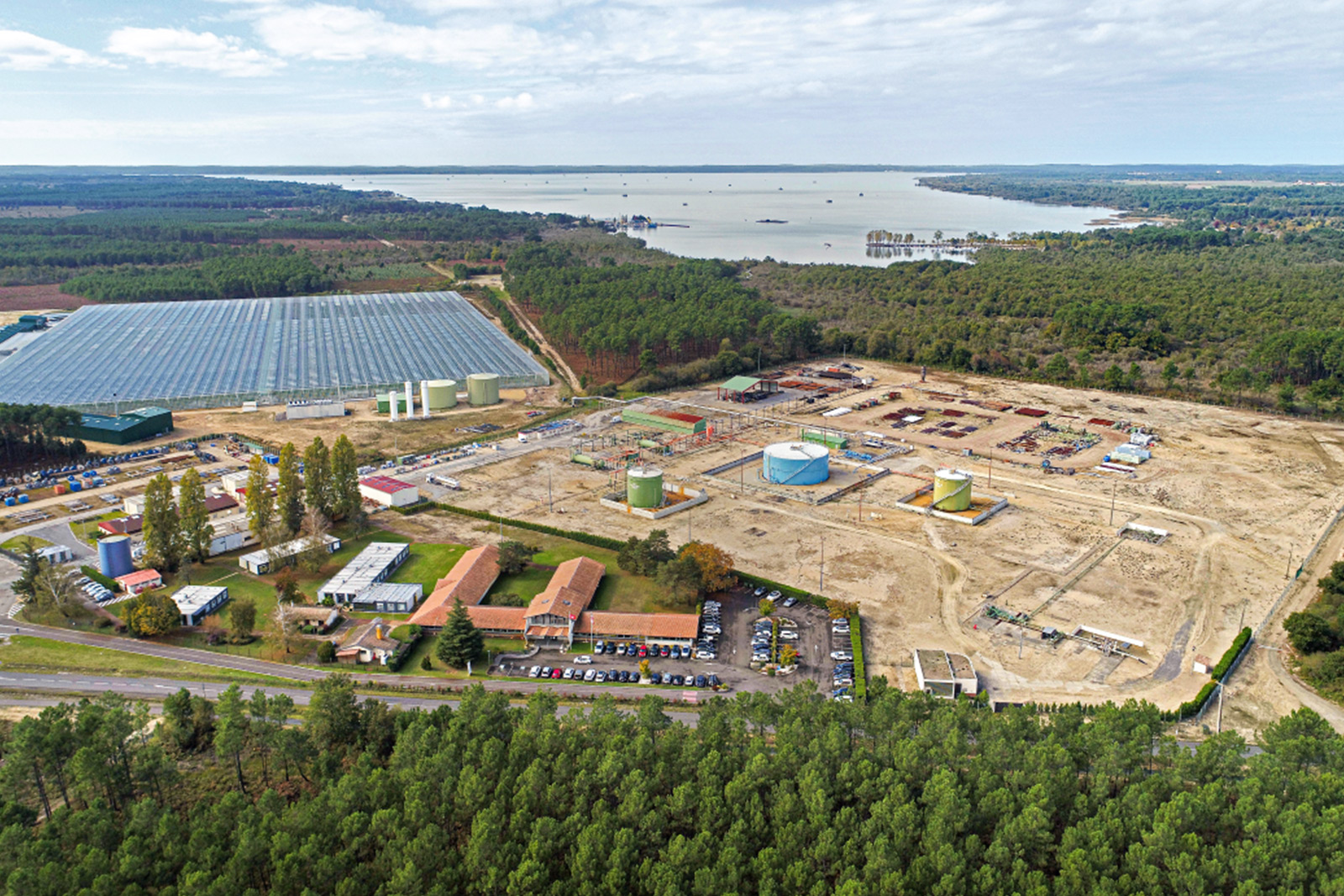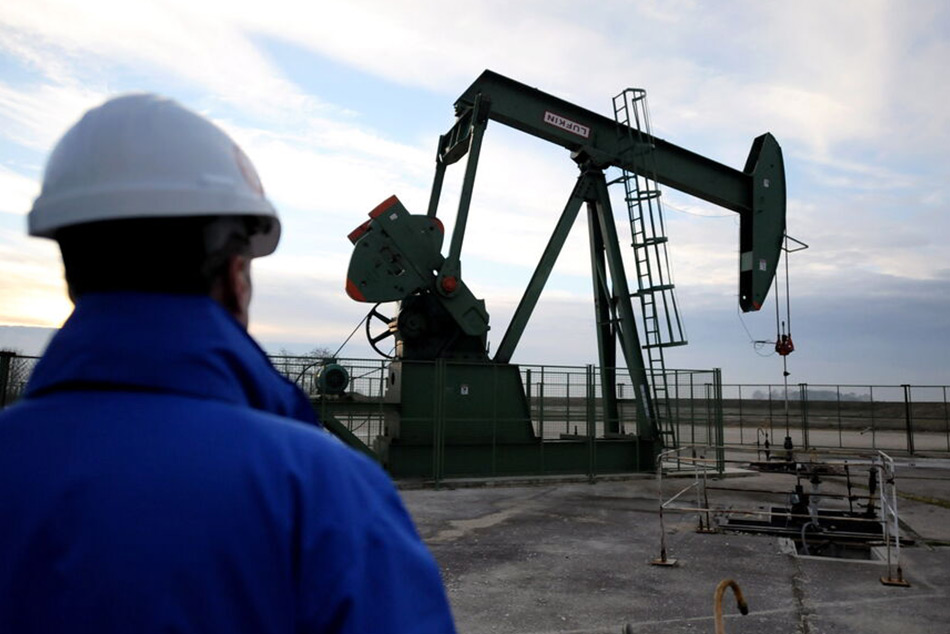Considérée comme le deuxième plus grand consommateur d’énergie en Europe (après l’Allemagne), la France importe chaque année d’importants volumes de pétrole et de gaz pour répondre à ses besoins. Vermilion, premier producteur de pétrole à terre en France, fournit près de 1% de la consommation du pays. Nous sommes fiers de produire une énergie essentielle et locale dans le respect des personnes, de l’environnement et des réglementations, tout en offrant une valeur à long terme à nos employés, actionnaires, clients, partenaires et communautés.
Vermilion reconnaît que nous avons tous un rôle à jouer pour limiter les impacts environnementaux d’une économie fondée sur le carbone, que nous soyons producteurs ou consommateurs d’énergie fossile. C’est pourquoi nous continuons à nous engager à réduire notre impact sur l’environnement en investissant dans des technologies qui optimisent l’efficacité de nos activités au sens large, tout en réduisant nos émissions de gaz à effet de serre.



En tant que producteur d'énergie responsable, Vermilion s'efforce d'être un voisin exceptionnel qui s'implique dans les communautés où nos employés vivent et travaillent. Nous soutenons nos communautés par le biais de notre programme Ways of Caring.

Les activités de Vermilion en France sont basées sur le bassin aquitain et le bassin parisien. Ils se concentrent sur la production de pétrole brut, socialement et écologiquement responsable.
Chez Vermilion, nous savons que les meilleures technologies et stratégies ne sont rien sans les meilleures équipes. Nous accordons donc une attention particulière au recrutement, à la formation et aux conditions de travail de nos employés. Si vous souhaitez rejoindre une équipe dynamique et en pleine expansion, visitez notre site de recrutement pour plus d’informations.
« Sauf indication contraire, les mentions sur ce site internet de « Vermilion », ou « l’entreprise », ou « nous », ou « notre/nos » désignent ici collectivement une ou plusieurs personnes ou activités associées à Vermilion Energy Inc. et/ou ses filiales y compris sa filiale française Vermilion REP SAS dont les opérations et activités font l’objet du présent site internet.) »
Route de Pontenx
40160 Parentis-en-Born, France
Téléphone +33 (0)5 58 82 95 00
Email vrep@vermilionenergy.com
Numéro d’urgence 0 800 18 32 14


